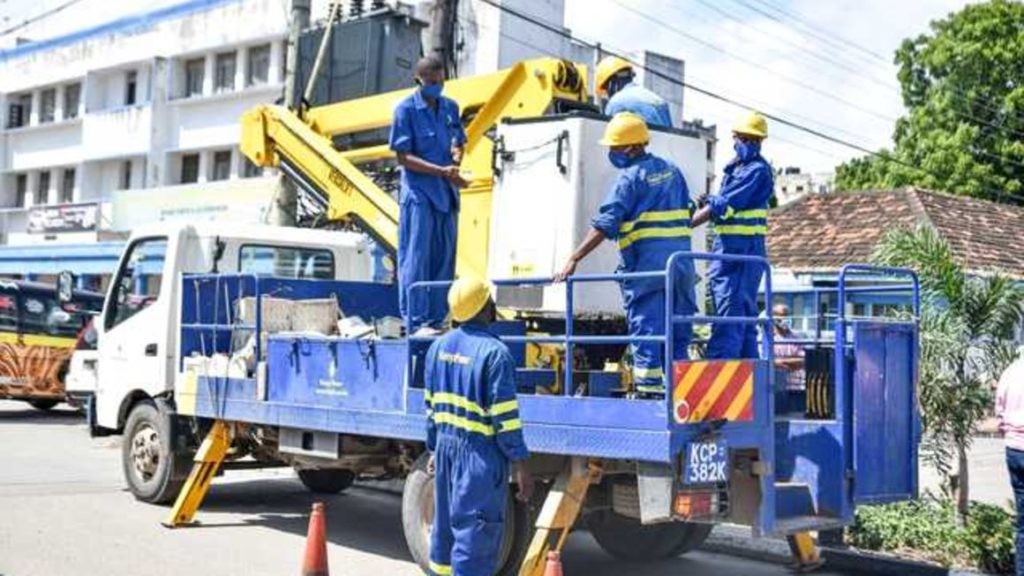Kenya Power employees repair a transformer in Nairobi. The cost of inefficiency in Africa’s power and water sectors valued at $4.5 billion annually. PHOTO | FILE | NMG African households and industries have been pushed into a life of unreliable and expensive power as a result of inefficient, loss-making state-owned power utility firms with questionable governance structures.
A study by Clarion Energy and the Gordon Institute of Business Science (University of Pretoria) shows that governance irregularities have become a major cause for concern for government-owned utility firms as they adversely impact the firms’ procurement processes.
The report dubbed The Future of Power Utilities in Africa (2018) notes that the future trajectory of African utility firms largely depends on the improvement of the quality of their governance structures and their precarious cash positions.
The World Bank through a survey on power cost and reliability in Africa also revealed that electricity transmission and distributing firms on the continent are cash strapped and have allowed their assets to fall into disrepair, exacerbating power shortages.
The survey, which sampled 39 countries on the continent in 2016, found out that only power utilities in Seychelles and Uganda were fully recovering their operational and capital costs but utility firms in only 19 countries were able to cover their operational costs from the cash they collected.
“Such large funding gaps prevent power sectors from delivering reliable electricity to existing customers, let alone expanding supply to new consumers at an optimal pace,” according to the survey report, Making power affordable and viable for its utilities. Cure for deficits
“If utilities could reduce combined transmission, distribution, and bill collection losses to 10 percent of dispatched electricity and tackle overstaffing, an additional 11 countries could see their utility deficits disappear.”
According to the report, utilities need to focus on achieving an acceptable level of service quality for a chance at cost recovery in tariff revenues.
“Raising tariffs while outages continue unabated is bound to invite a backlash. They could reduce costs by phasing out operational inefficiencies, implementing short-term measures to reduce the duration (if not the frequency) of outages, and addressing customer service quality in general.”
According to the report, serious shortcomings in operational efficiency, high costs of small scale operations, and overreliance on expensive oil-based electricity generation have increased costs of power supply in Africa, while underpricing and the inability of many customers to pay for electricity services have reduced utility revenues.
In addition, a utility that […]
